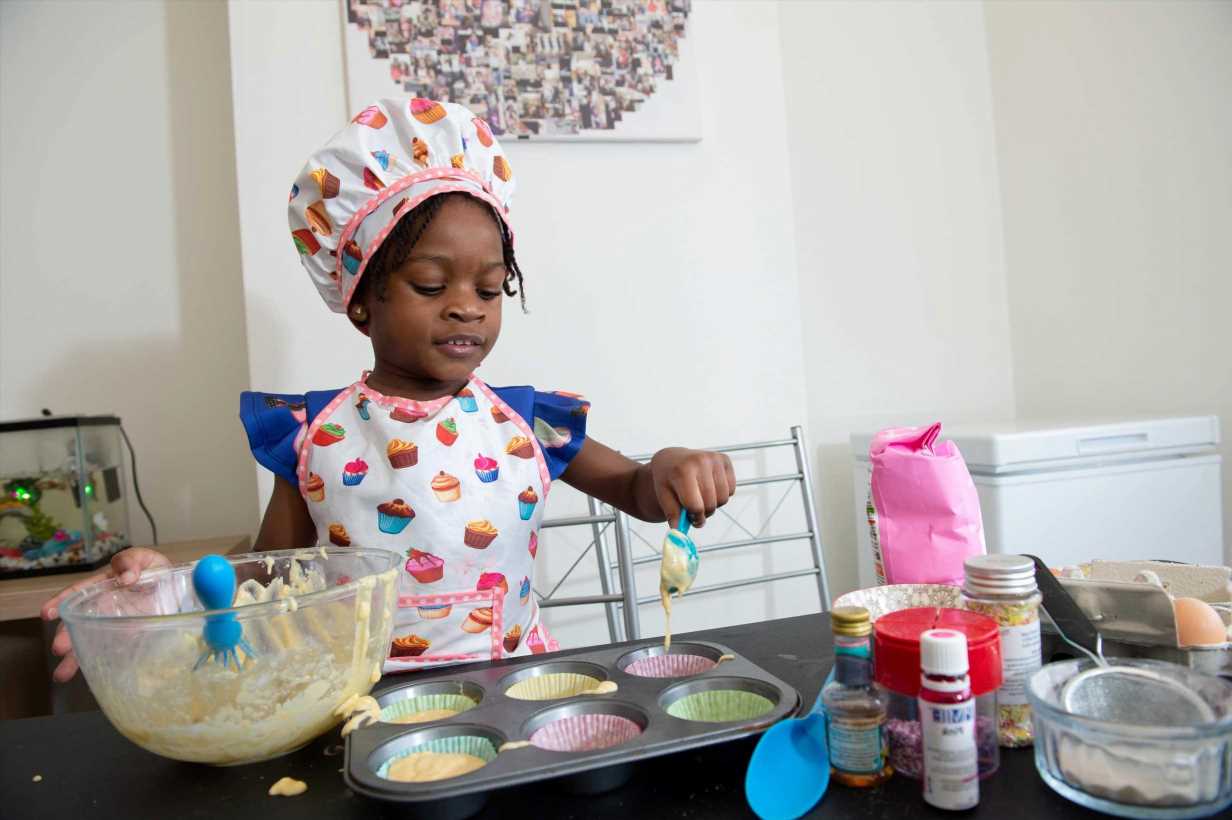DEIDRE SAYS: Finding out that you or your partner have a form of dementia can be a devastating reality, and suddenly you can find yourself mourning the life and future you once thought you’d have.
According to research by Alzheimer’s Society, as many as 900,000 people in the UK are currently living with the condition, and by 2025, this number will be as high as one million.

Everyone experiences dementia differently, but what doesn’t change is a person’s need for love and affection.
However, as symptoms progress, it can often alter many aspects of a romantic relationship.
Often the partner will take on a caring role, and the dynamics of a relationship will change.
While you may once have been equals, many people can find any imbalance in their relationship hard to adjust to.
We teamed up with the Alzheimer’s Society Head of Knowledge, Dr. Tim Beanland, to highlight their new campaign which considers how dementia puts the ultimate vow of ‘in sickness and in health’ to the test.
Tim says: “It’s a terrible condition, and can really undermine and test relationships. But I think it's fair to say that some people find that they can come closer together.
“Some relationships will get deeper and stronger. It's almost the adversity that makes them feel they can get through it and find strength from working with each other.”
Get in touch with the Dear Deidre team
Every problem gets a personal reply from one of our trained counsellors.
Fill out and submit our easy-to-use and confidential form and the Dear Deidre team will get back to you.
You can also send a private message on the DearDeidreOfficial Facebook page.
So what are the best ways to deal with Alzheimer's in a romantic relationship?
- Find other ways to show love and affection
Intimacy can be tricky when a spouse has Alzheimer’s or other dementia.
While in the early stages, sex can be of comfort, as the disease progresses it can become more difficult.
Try to maintain intimacy and connect with your partner through small gestures such as kissing, hugging, holding hands, and eye contact.
Communicate with each other.
Following a diagnosis, it can be difficult to find the right words to say, but communication can make it easier to meet both of your needs, and for you to understand each other.
As the condition progresses communication will become more difficult, but always listen to them carefully and think about what you're going to say and how you'll say it.
Short simple sentences can be a good way to go.
You can find more information on ways to communicate with your partner on the Alzheimer’s Society Website.
- Try to be patient and sensitive
Often people who have dementia will experience behavioural changes. This can range from increased agitation, aggression, delusions, and hallucinations.
Make sure that you provide reassurance to your partner, and remember that it’s the illness and not them.
- Don’t underestimate the power of physical touch
Touch, and a sense of closeness, help create a sense of comfort and well-being for someone with dementia.
Research has also found that a brief hand massage can result in significantly lower levels of agitation for as long as an hour.
MORE FROM DEAR DEIDRE
My wife confessed her true love for another man after dementia diagnosis
Alzheimer’s has taken my dad and all I want is for his suffering to end
- Find enjoyable activities that you can share together
Taking a walk, listening to music, looking at family photo albums, and reading their favourite books can be a great way to spend time together and stay connected.
- Accept help and seek support
Caring for a partner with dementia isn’t always easy, and there will be times when things may feel overwhelming.
Remember to be kind to yourself, and recognise that you are dealing with a stressful situation.
Utilise in-person and online support groups. They can help by providing advice and understanding from those who are in a similar position.
You are never alone and there is plenty of help and support available. Talking to someone who you trust can help you make sense of your feelings. This could be family, a friend, or a professional.
Caring for a partner with dementia is fulfilling the ultimate relationship vow. But navigating through ‘in sickness and health’ can be overwhelming. But navigating through ‘in sickness and health’ can be overwhelming. Alzheimer’s Society vows to help end the devastation caused by dementia, providing help and hope for everyone affected. Visit the website for more information or to donate: alzheimers.org.uk
Source: Read Full Article




